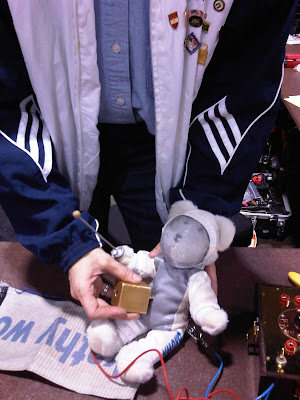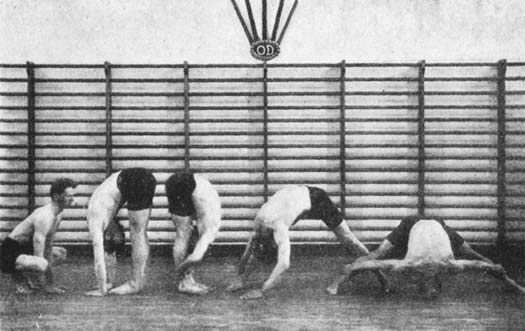Why Life in the Academy (Especially the Humanities) Sucks
I don't want to be writing this post; no matter what I write is going to feel inadequate. But I feel like I should say something about that xtranormal video " So you want to get a PhD in the Humanities ?" that everyone is talking about . I've only watched it once and don't feel like reliving that particular experience again, so bitter and (horrible to have to admit) true-to-life did it feel the first time that I watched it. As, it seems from the comments on the video itself, many of my colleagues in academia concurred. But why? Why are we all so convinced that the life we have taken on is so utterly bankrupt that all we can do is roll around on the floor laughing our asses off because a (we all say) justifiably-bitter graduate student has parodied the death of our dreams so well? The dismal job market, we say. The low pay, we say. The lack of respect in the general culture, we say. But why then do so many of us who have gotten not only tenure-track jobs




